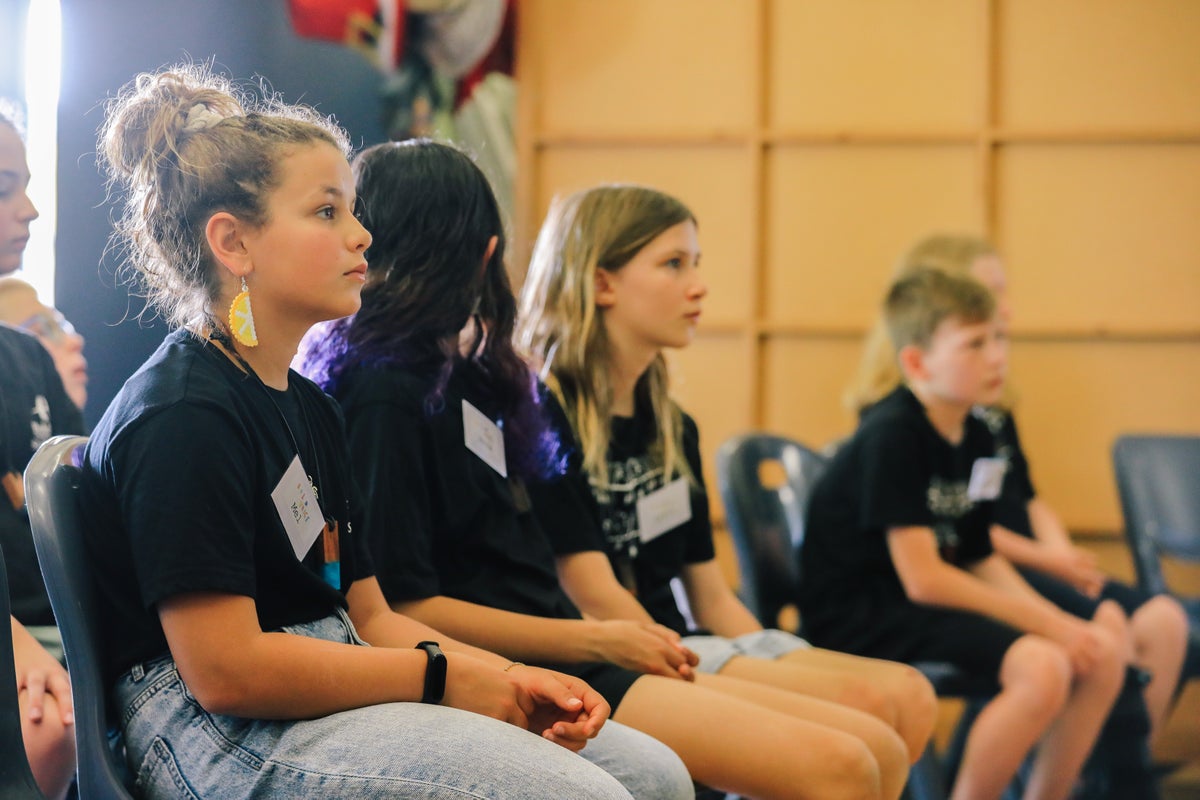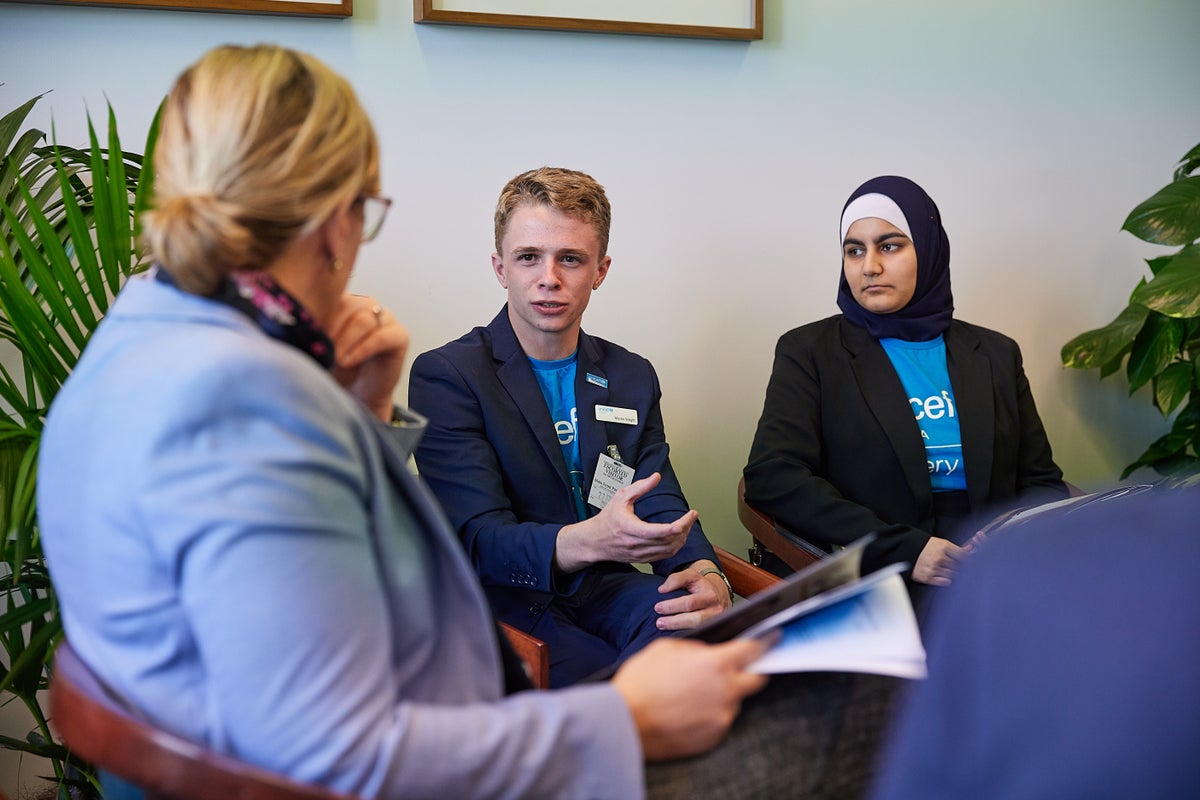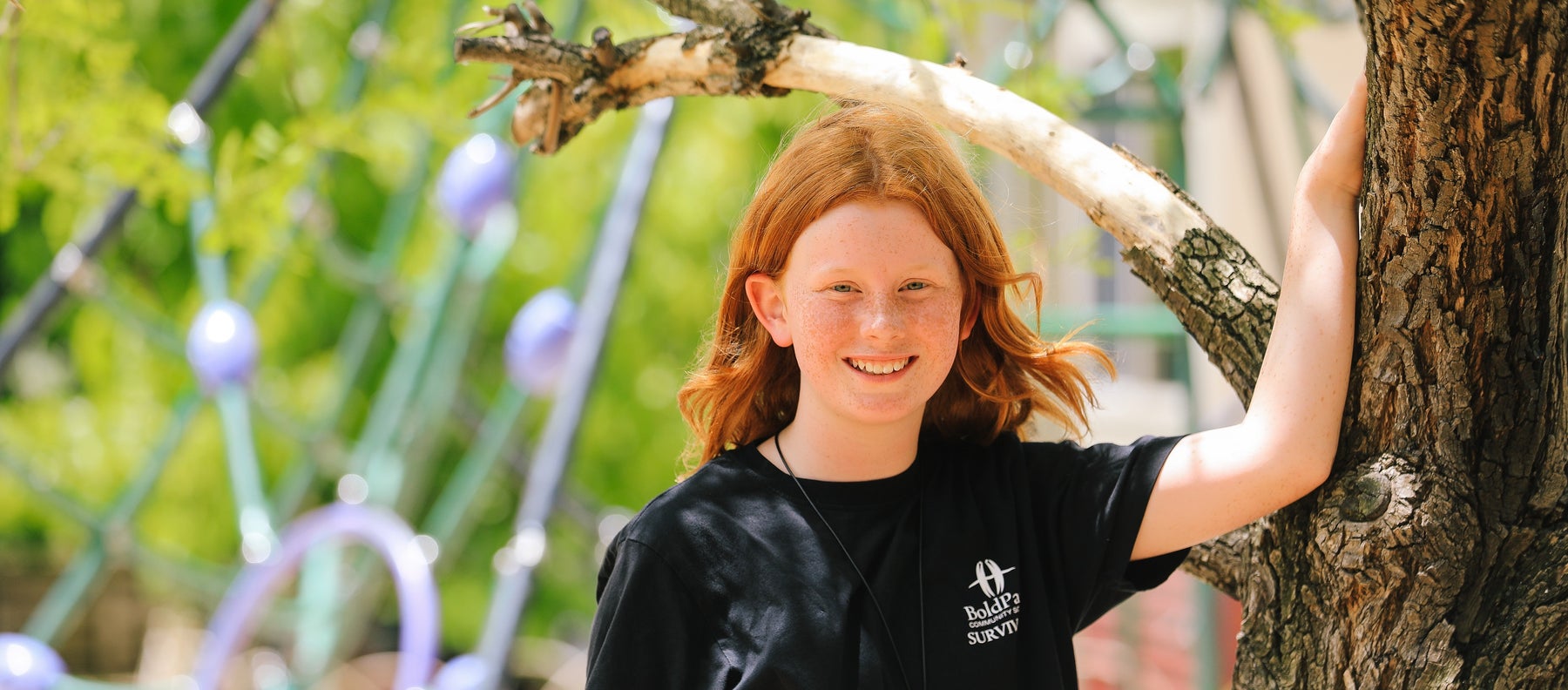Why this report?
Every company interacts with children in some way: as consumers, as employers of their parents and caregivers, and through the way in which business operations affect a child’s society and environment.
When it comes to safeguarding children within the business sector and understanding the ways in which it affects children’s safety, health, development and wellbeing, there is a long way to go.
UNICEF Australia, together with Ethical Partners Funds Management, has undertaken a benchmarking exercise of the S&P/ASX 200 (Australian Stock Exchange), and other companies to:
- Understand the attention to child rights across Australian listed companies.
- Provide best practice guidance from UNICEF experts on how companies can better consider children’s rights.
- Stimulate further engagement with ASX companies on how they could better consider their disclosures, policies and practices regarding children’s rights.
- Lastly, this research was undertaken with the hope of deepening the conversation between investors and ASX listed companies about the impact of companies across the ASX on children and their rights, and how these can be better understood, assessed, disclosed and protected.
Read the reports
PART A: Integrating Child Rights across the ASX PART B: Recommendations"This represents an extraordinary opportunity for Australia's leading organisations to increase their focus on safeguarding children."


How did we do it?
Ten years ago, UNICEF, Save the Children, and the UN Global Compact, launched the Children’s Rights and Principles which provides a framework for business to respect and support children’s rights.
- Meet their responsibility to respect children’s rights and commit to supporting the human rights of children
- Contribute to the elimination of child labour, including in all business activities and business relationships
- Provide decent work for young workers, parents and caregivers
- Ensure the protection and safety of children in all business activities and facilities
- Ensure that products and services are safe, and seek to support children’s rights through them
- Use marketing and advertising that respect and support children’s rights
- Respect and support children’s rights in relation to the environment and to land acquisition and use
- Respect and support children’s rights in security arrangements
- Help protect children affected by emergencies
- Reinforce community and government efforts to protect and fulfil children’s rights
Despite this, attention to and understanding of the ways in which business operations affect the safety, health, development, and wellbeing of children remains narrow and limited.
The benchmarking was based on the UNICEF ‘Tool for Investors on Integrating Childrens’ Rights into ESG assessment’ and was undertaken at the end of the 2021 financial year by Ethical Partners Funds Managements’ sustainability team.
The team analysed the S&P/ASX 200, plus 14 Ethical Partners portfolio companies from the ASX300. All 214 companies were provided with their results and an opportunity to provide additional disclosures or to clarify our findings.
"It is very clear through this research that the need for corporate and investor attention to the impacts of business on children and their rights has never been more urgent."
What Australian companies are doing well:
- 57% of companies disclose that they have a philanthropic commitment that supports child rights-based organisations.
- 81% of companies publicly disclose a zero-tolerance policy to child labour.
- 94% of companies disclose that they have diversity and/ or inclusion policies to support equal opportunities and non-discrimination.
What Australian companies can do better:
- Less than 1% of companies have a specific commitment to respecting children’s rights further than child labour.
- Only 2% of S&P/ASX 200 companies disclose that they identify children as a stakeholder group and engage directly with them.
- Only 2% of S&P/ASX 200 companies disclose that they have some sort of child safeguarding mechanism or policy.

Why is the protection of children and their rights a material issue for Australian businesses and investors?
Children are key stakeholders of business, but the impacts of business operations on children is not often fully considered.
Poor management of children’s rights impacts can contribute to a range of commercial, legal, operational, and reputational risks for companies.
Proactively addressing the way a business affects the safety, health, development and wellbeing of children is a key element for a company’s social license to operate and their forward thinking, long-term future success strategy.
Companies and investors are responsible for protecting child rights as underpinned by multiple international frameworks and principles, such as the 1989 UN Convention on the Rights of the Child.
What can businesses do now?
Part B of this report includes a resource to help inform and support companies who have a desire to learn more about how to integrate a stronger focus on children and their rights into their business practices and policies.
The guide builds on and complements existing UNICEF Guidance and is underpinned by the Convention on the Rights of the Child.
PART B: READ THE REPORT


